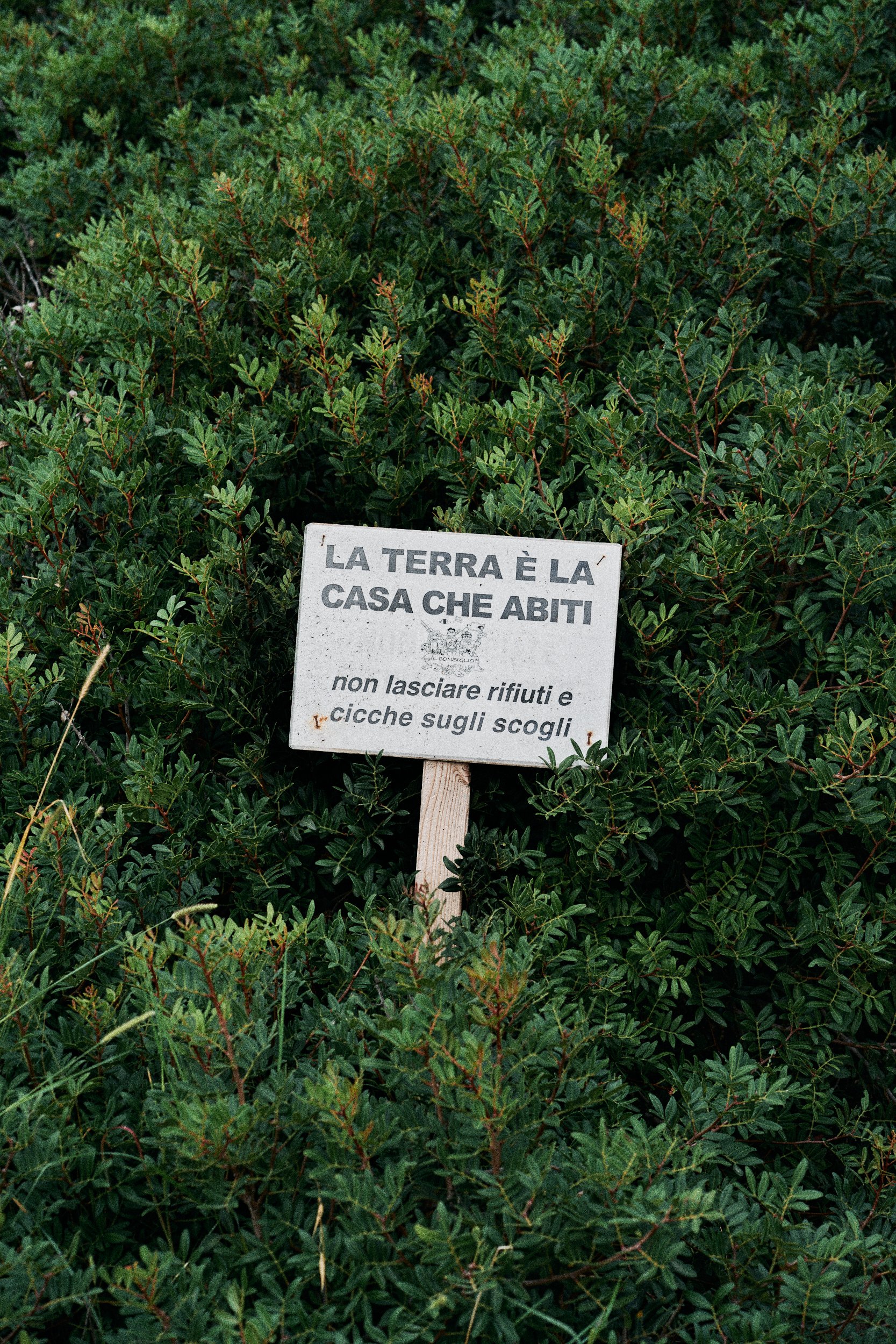
Let’s be #sustainabler
"Sustainability is the integration of environmental health, social equity and economic vitality, in order to create thriving, healthy, diverse and resilient communities for this generation and generations to come." (UCLA Sustainability Committee)
Sustainable practices support ecological, human, and economic health and vitality. Sustainability presumes that resources are finite, and should be used conservatively and wisely with a view to long-term priorities and consequences of the ways in which resources are used. In simplest terms, sustainability is about our children and our grandchildren, and the world we will leave them.
The basics
the issues
(at least some of them)
GLOBAL WARMING FROM FOSSIL FUEL
FOOD WASTE
PLASTIC POLLUTION
INTENSIVE FARMING
FAST FASHION AND TEXTILE WASTE
FOOD AND WATER INSECURITY
AGRICOLTURE
OCEAN ACIDIFICATION
AIR POLLUTION
DEFORESTATION
BIODIVERSITY LOSS
POOR GOVERNANCE
YEAH, IT’S QUITE BAD.
So.. what can we do?
I don't think we can all transition from our current consumeristic lifestyle to zero waste overnight, which is unfortunate. However, every change has to start somewhere. It would be a great start if we could just keep these simple ideas in mind and slowly incorporate them into our daily lives. This way, over time, we can gradually change our habits for the better in the long run.
Reduce, reuse, and recycle
Cut down on what you throw away.
Be informed
Knowledge is power.
The ability to acquire knowledge, preserve and pass it on to the future generation makes man powerful.
Use energy wisely
You can even save money on that. Choose "green power". Switch to electricity generated by energy sources with low-or no-routine emissions of carbon dioxide.
Choose renewable energy over fossil fuels.
Ditch the car when possible.
Walk, ride a bike, a skate, take public transportation, and if you really can't avoid, car share or go for an electric car, or hybrid.
Conserve water
Clean, fresh water is a limited resource.
Conserving water saves energy, so reducing your water use also reduces your carbon footprint.
Using less water keeps more in our ecosystems, and while almost 70% of the Earth is made up of water, many parts of the world suffer from clean water shortage. And even out of that 70%, only 0.03% is made up of fresh water.
Learn more about your carbon emission
There is much more you can do to reduce your household carbon emissions. Find out more about your emissions and where you can best reduce them by using an online “carbon calculator”.
Choose reusable over single-use
Avoid plastic like the plague. It’s not enough that it’s recycled: it should just not be here anymore.
Bring your own reusable bags when shopping.
Ditch plastic produce bags.
Take with you reusable bottles, cups, drink containers.
Try plastic wrap alternatives.
Avoid plastic packaging.
Choose packaging free home and personal products.
Shop wisely
Buy from sustainable brands.
Buy less but better.
Shop second hand.
Avoid greenwashing.
Know your materials, and ask who made your clothes.
Reduce your water footprint.
Watch out for harmful chemicals.
Avoid microplastic pollution.
Remember the importance of circularity.
Support brands that have a positive impact.
Eat sustainably
Don’t “overbuy”, and waste less.
Freeze fresh products and leftovers.
Eat less meat, poultry, fish, dairy.
Buy and eat seasonal produce from local growers.
Use your voice
Make it heard by those in power, but also by your neighbours.
Don't be afraid to start a climate conversation.
Urge government to take bold, ambitious climate action now..
Get politically active and vote.
Don't be afraid to speak up.
Find ways to participate.
Plant a tree
It might sound naive and hippie, but trees provide so many benefits to our everyday lives: they filter clean air, give us oxygen ( on average, a mature tree can release enough oxygen to sustain two people). provide fresh drinking water, help curb climate change, reduce runoff and erosions, and create homes for thousands of species of plants and animals.














